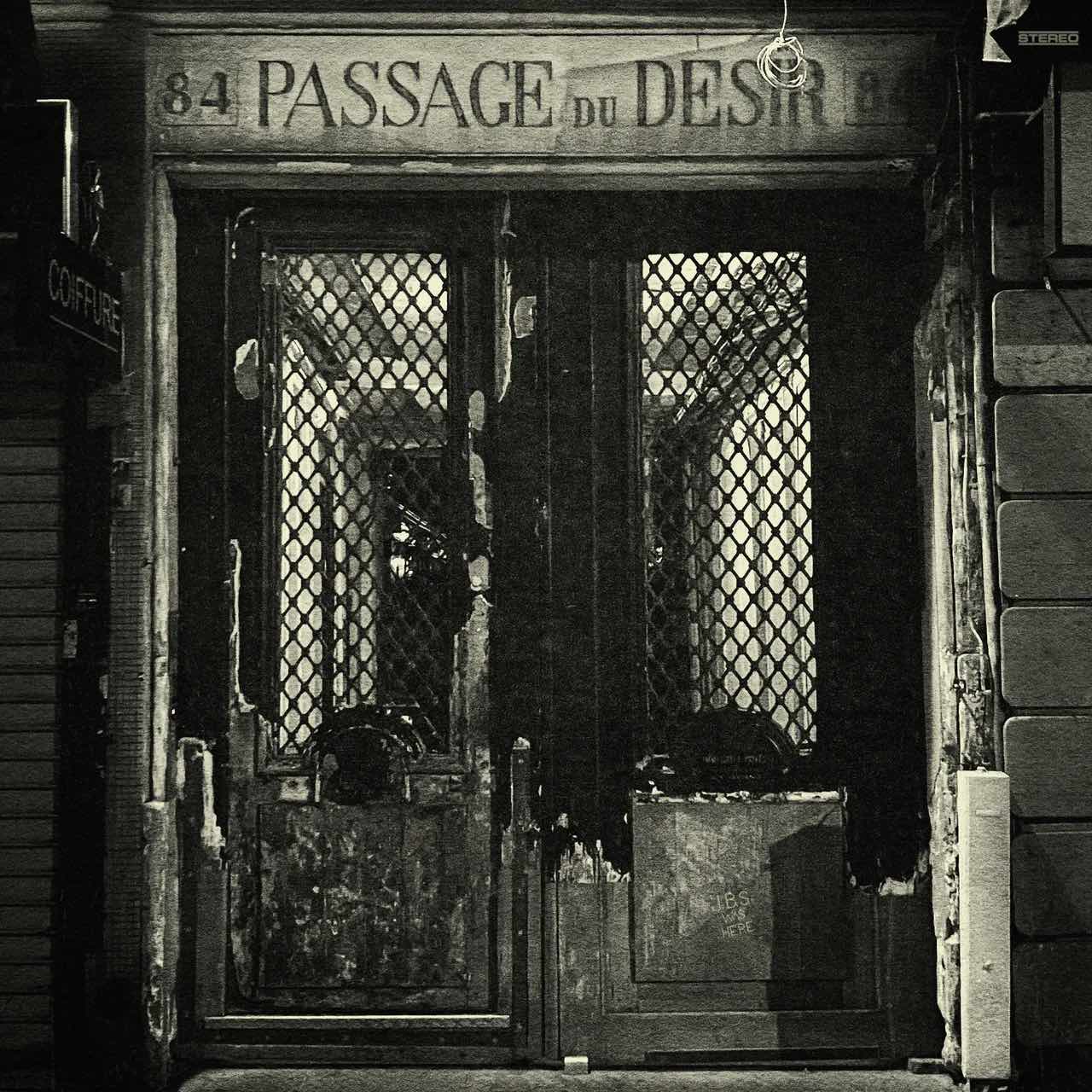Johnny Blue Skies
Passage du Desir
HIGH TOP MOUNTAIN
If Sturgill Simpson could smell quite as sweet by any other name, why not let it be under that of Johnny Blue Skies? As was his promise at the start of his music career—recording but five albums under his Christian name and no more—the post-outlaw, psych-tinged, existentialist country songwriter Simpson sticks to his guns of constant iconoclasm by offering up eight cosmic songs under the new Blue Skies moniker that don’t stray far from the Sturgill we’ve loved.
Then again, sit with Passage du Desir for more than two spins and it sounds like nothing else that this Simpson guy ever recorded in the past. This material is haunted, as usual, by the ghosts of Merle Haggard and Skip Spence, and finds its bluegrassy-knoll grooves accentuated by trippy neo–Jimmy Webb strings, clunking percussion, and gritty weirdness. The eerily eccentric sounds accompanying the broken bliss of epic closer “One for the Road” and the eternal questioning of “Who I Am” offer up happily uneasy combinations of musical arrangements and lyrical comportment. “Jupiter’s Faerie” and its salute to the dead and dying is more spaced-out (and spacious), sonically, than Simpson has gone previously, yet its words and vibe never unmoor from the Sturgill we love.
What offers greater difference and more dirt throughout Passage du Desir than what we know from Simpson-Past is a new and deeper reverence for the blues. Without lifting and separating a genre’s most notable elements (like he did with his 2020 bluegrass albums Cuttin’ Grass: Vols. 1 and 2), the blues become a pathway for excess on the likes of “Swamp of Sadness” and the uptempo “Scooter Blues.” The space-cowboy blues found in Blue Skies’ touch-of-gray mission allows the artist a brand new way into the music we’ve always loved him for without missing his point that evolutionary reinvention is a key to success. Well, at the very least his success—whoever he is.







